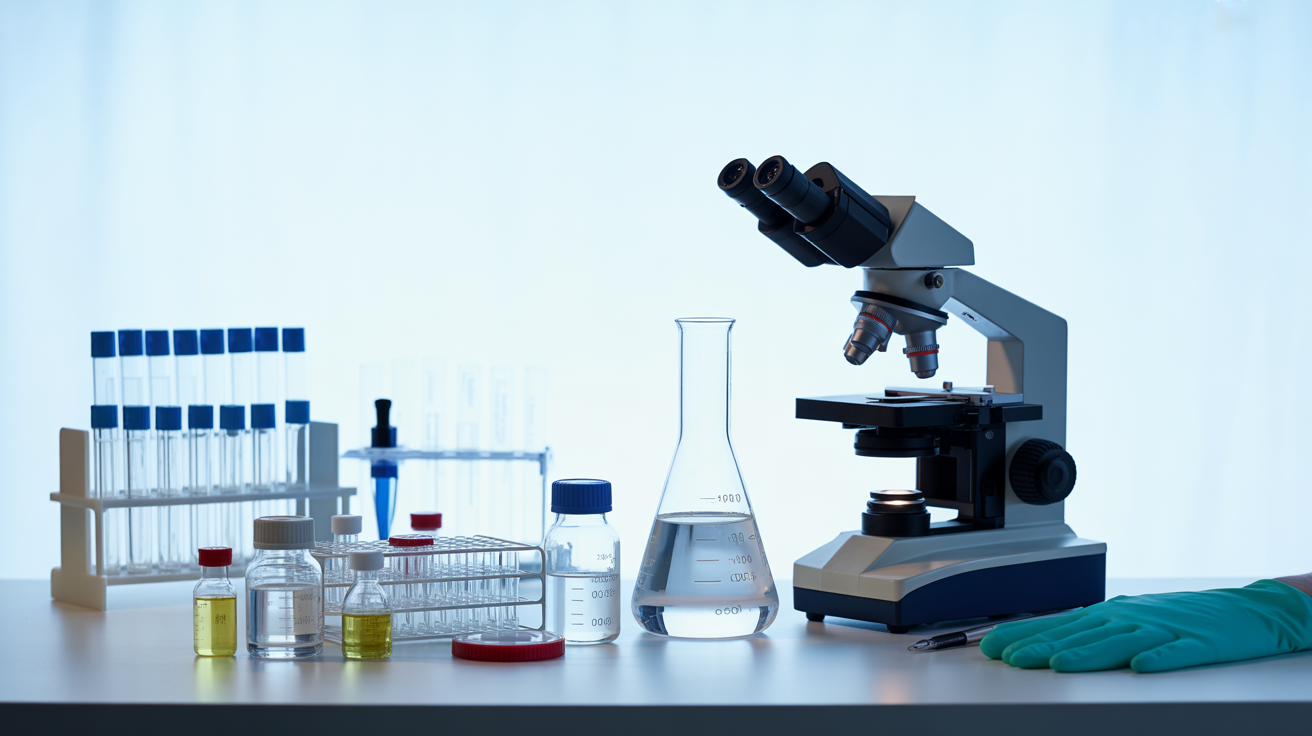In any manufacturing environment, the right laboratory supplies can be the difference between success and costly mistakes. Without proper tools, even the most precise operations can go awry, affecting productivity and quality.
To ensure your manufacturing process runs smoothly, it’s essential to invest in the proper laboratory supplies. This blog will cover the five must-have laboratory supplies that every manufacturer should consider for optimal performance and safety.
1. Testing Equipment
Testing equipment is crucial for manufacturers to ensure the quality and safety of their products. These tools help assess various aspects, such as material strength, temperature, and chemical properties.
For example, a pH meter is used to measure the acidity or alkalinity of liquids, while a spectrophotometer helps analyze the color and chemical composition of materials.
Having the right testing equipment allows manufacturers to detect defects early and make adjustments to improve product quality. It also ensures products meet industry standards and regulations.
2. Measuring Tools
Measuring tools, such as rulers, calipers, and thermometers, help ensure that the right proportions and specifications are used during production.
For instance, a caliper can measure the thickness of materials, while a thermometer helps control the temperature during manufacturing processes like molding or mixing.
These tools allow manufacturers to maintain consistency and precision in their work. Without accurate measurements, products can be flawed, leading to wastage and customer dissatisfaction. Make sure to regularly check the accuracy of your measuring tools to avoid any potential issues in the production line.
3. Safety Gear
Safety gear is one of the most important supplies in any manufacturing environment. It protects workers from potential hazards, such as chemicals, sharp objects, or hot surfaces. Essential safety gear includes gloves, goggles, face shields, lab coats, and hearing protection, depending on the nature of the work.
Workers should always wear the appropriate safety gear to prevent injuries and health risks. In some cases, such as when handling hazardous chemicals, specialized safety gear like respirators may be needed.
Manufacturers should also provide training to workers on how to use safety gear properly and ensure it is well-maintained.
4. Reagents and Chemicals
Reagents and chemicals are essential in many manufacturing processes, especially when producing items like pharmaceuticals, food products, or cosmetics. These substances are used to test, clean, or create reactions in various stages of production. For example, cleaning chemicals are used to maintain equipment, while reagents might be needed to test the purity of a material.
It’s important to keep track of the types and amounts of chemicals used in production. Manufacturers should always store chemicals according to safety guidelines and ensure they are clearly labeled. It’s also essential to have an understanding of how to safely handle and dispose of chemicals to prevent accidents.
5. Storage Solutions
Proper storage solutions are essential for keeping materials, tools, and chemicals organized and safe in a manufacturing facility. This includes shelving, cabinets, and containers to store everything from raw materials to finished products. For example, chemicals need to be stored in secure, clearly marked containers, while fragile equipment should be stored in padded areas to prevent damage.
Storage solutions should also be designed to reduce clutter and improve workflow. This can be achieved by organizing materials by type, use, or expiration date.
Update Laboratory Supply Lists
By keeping track of what’s needed, you can improve efficiency, meet safety standards, and achieve consistent results in your manufacturing processes. Stay ahead and ensure your laboratory is always equipped for success.

